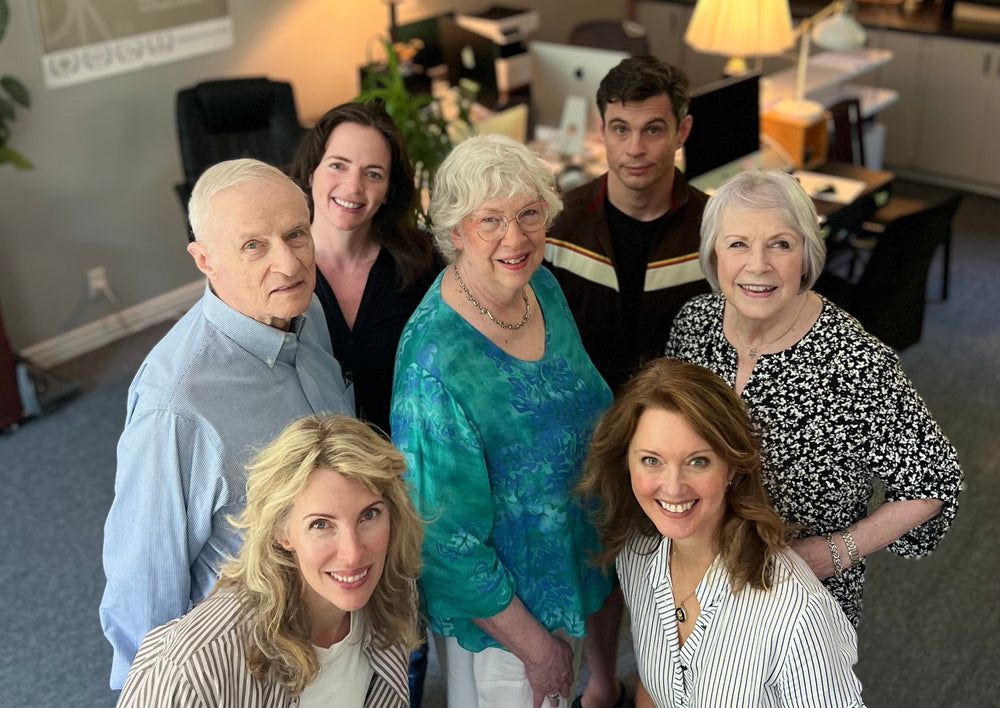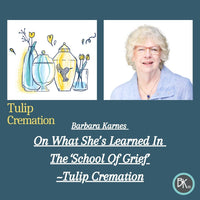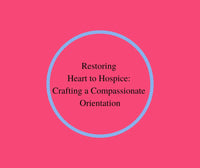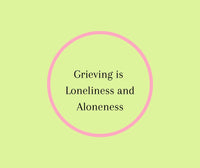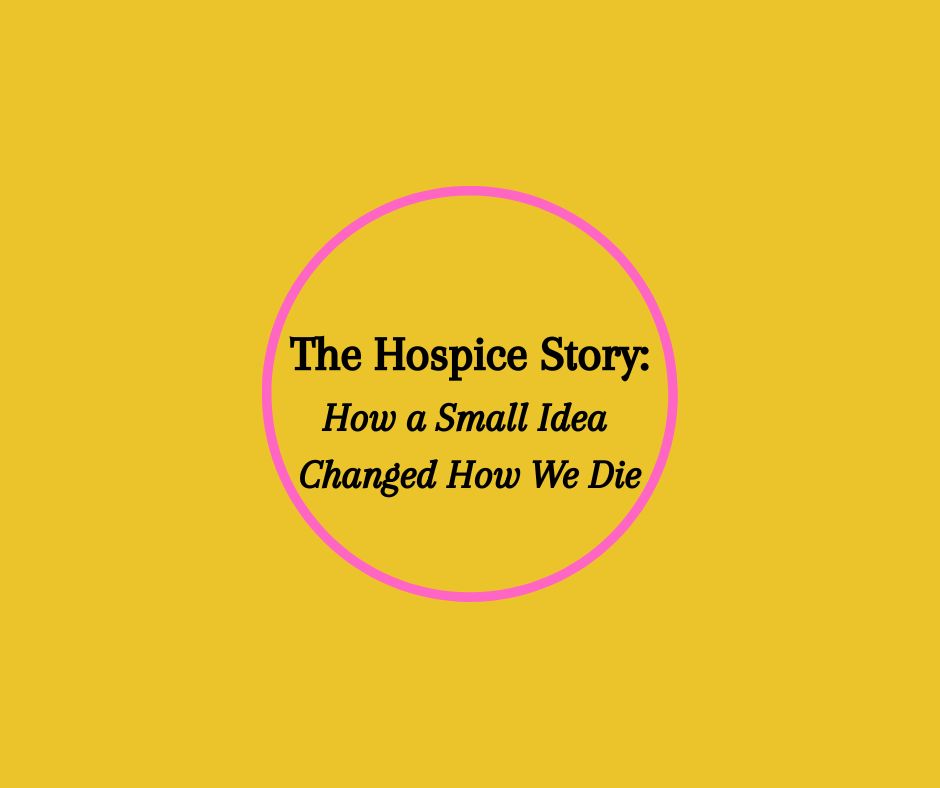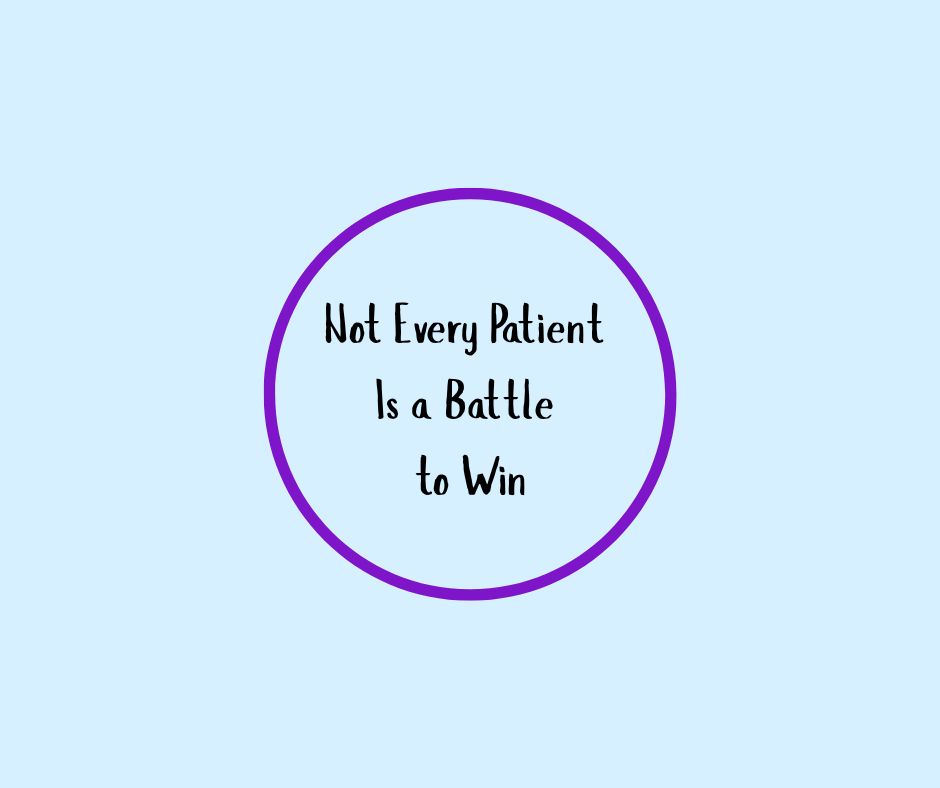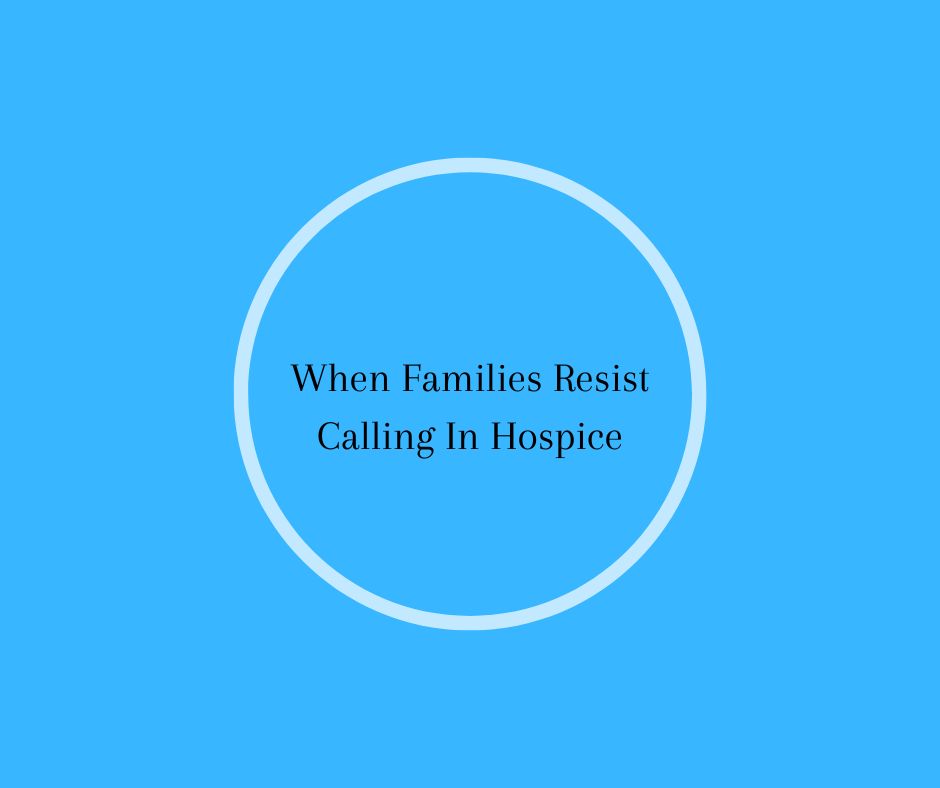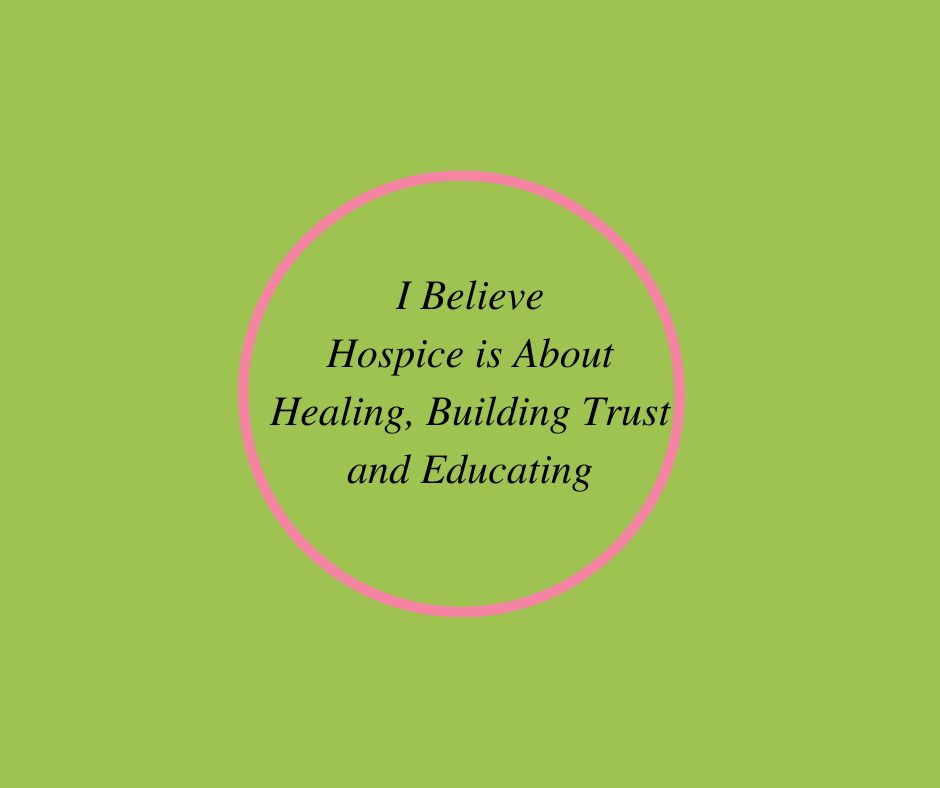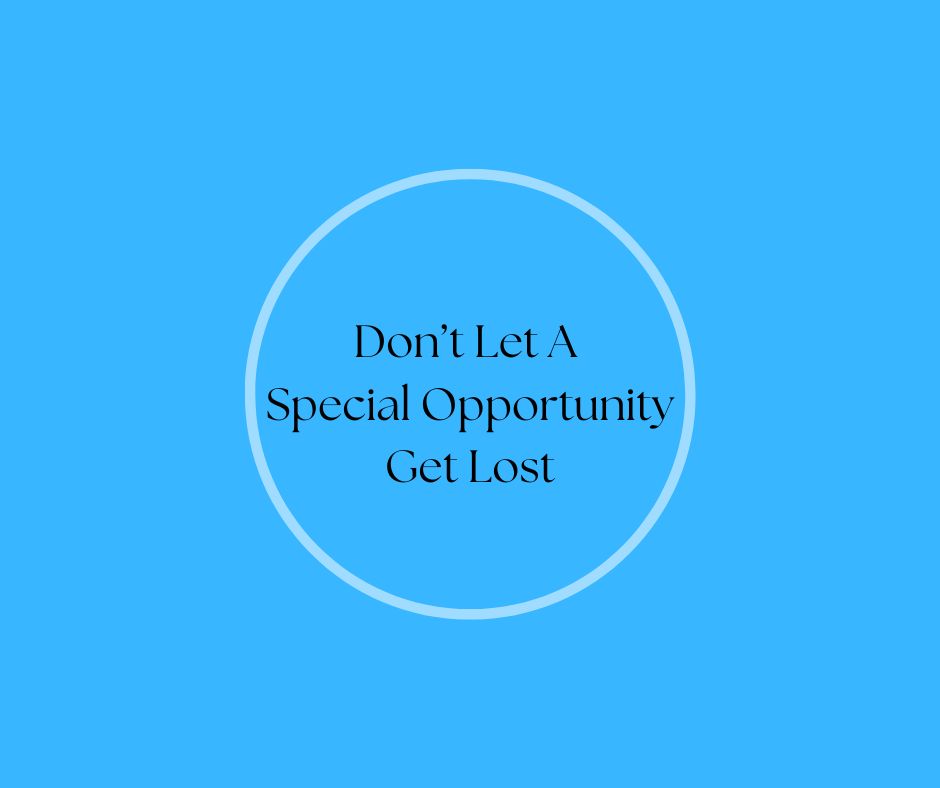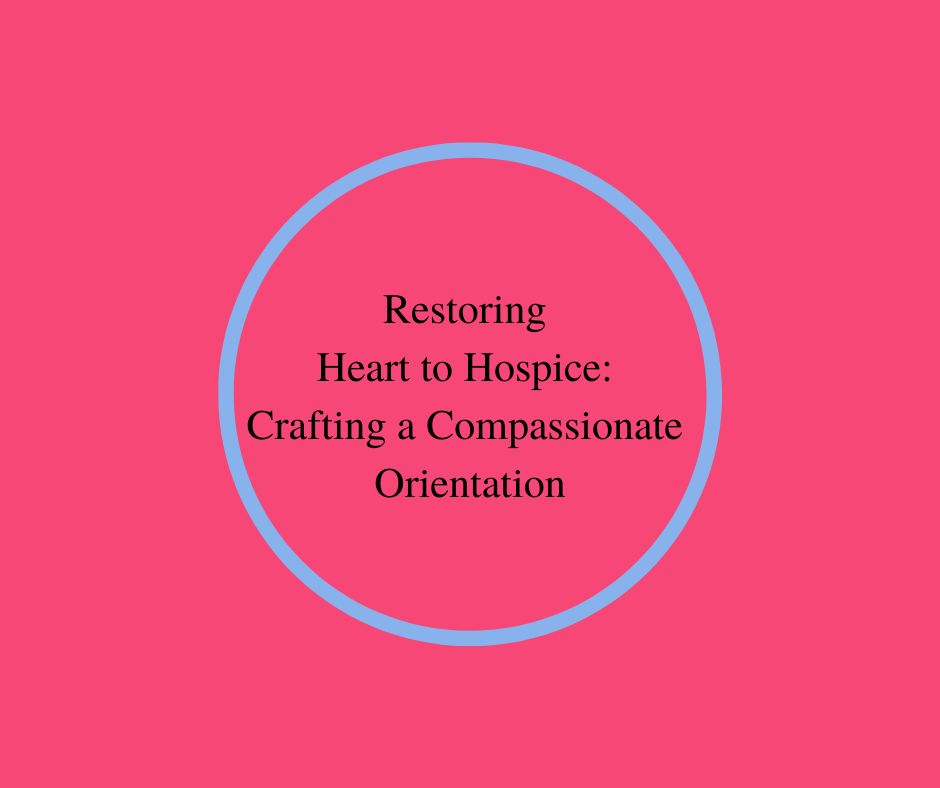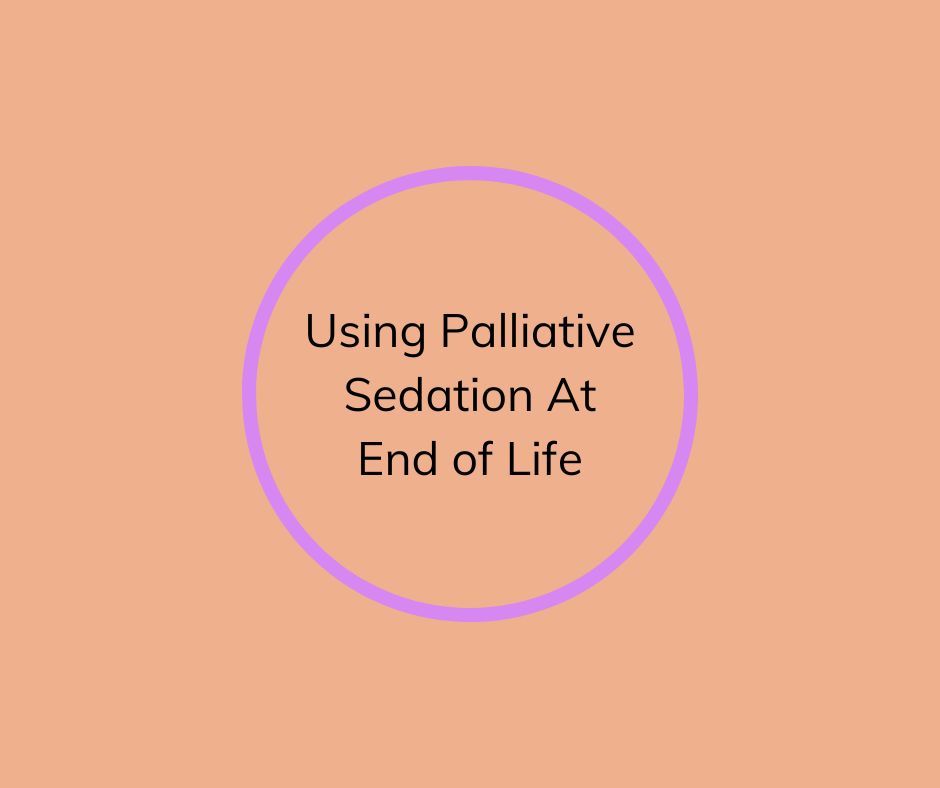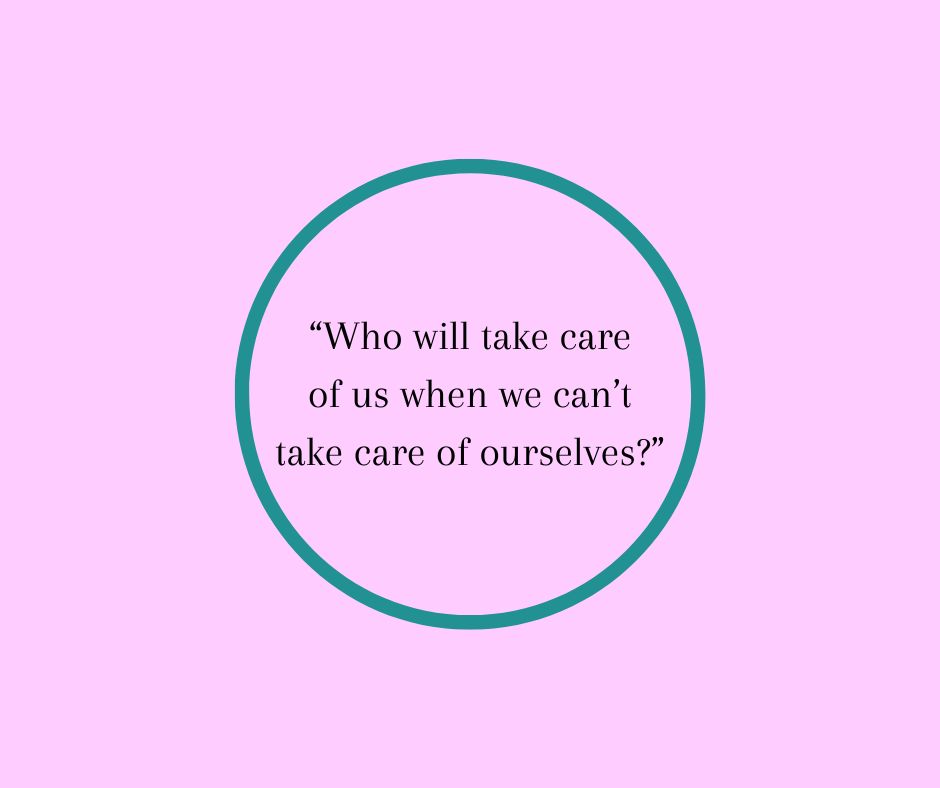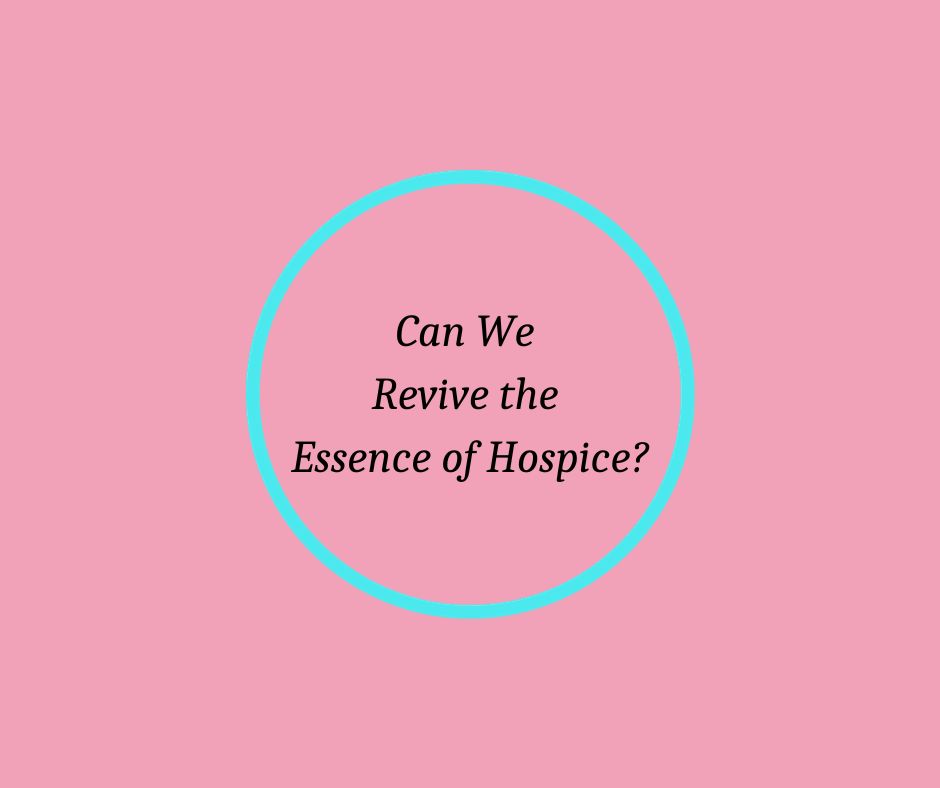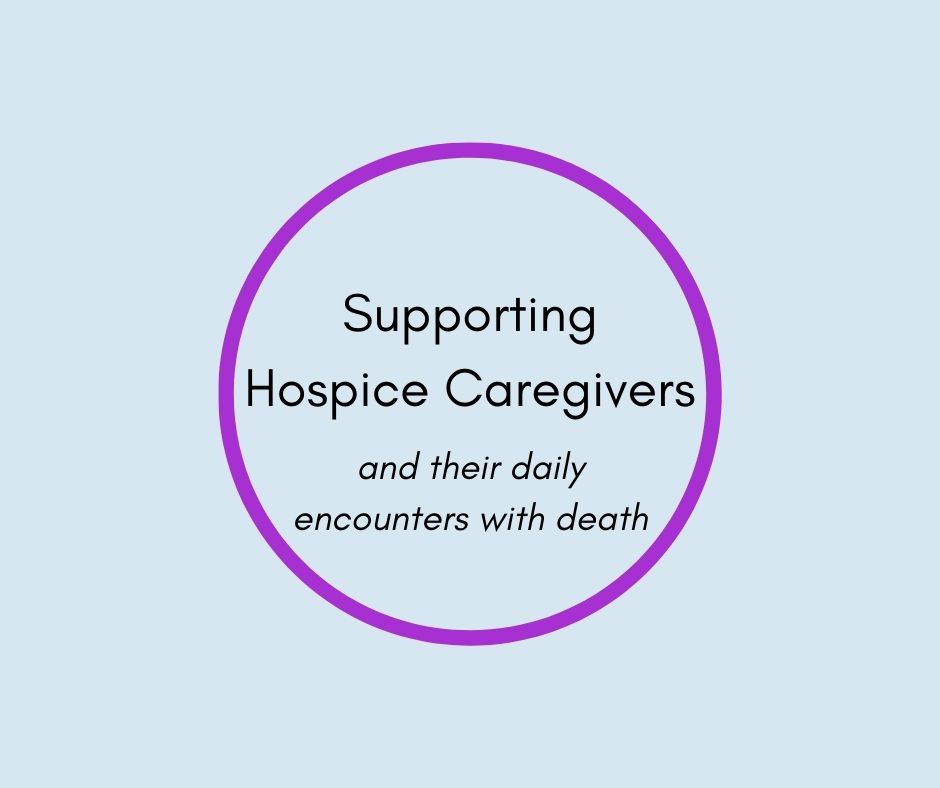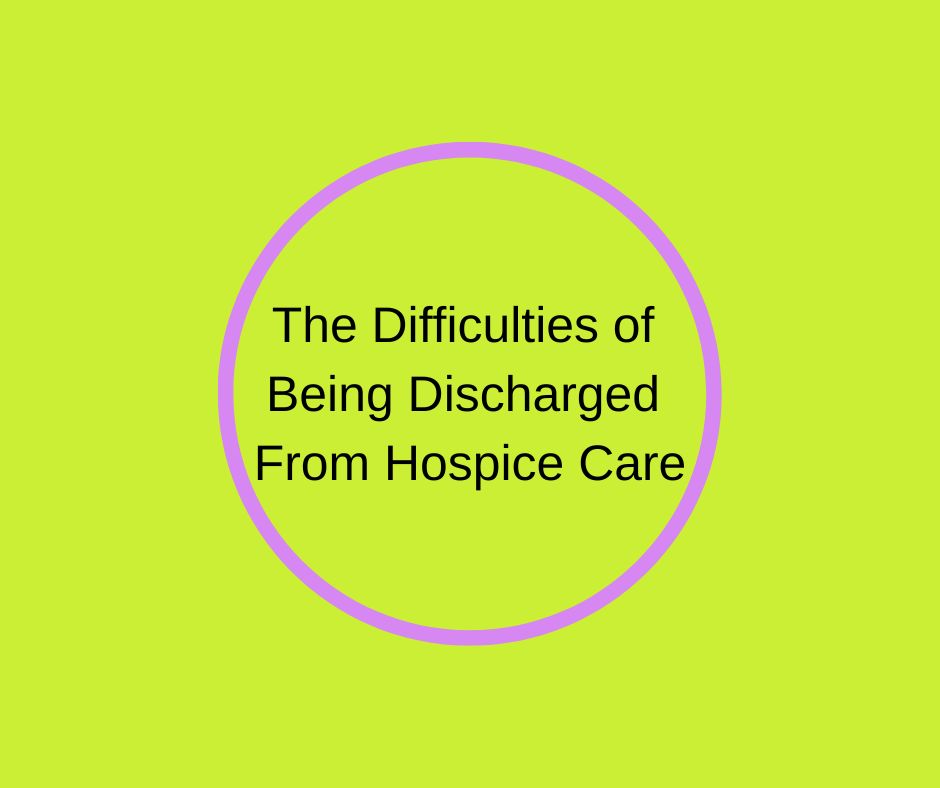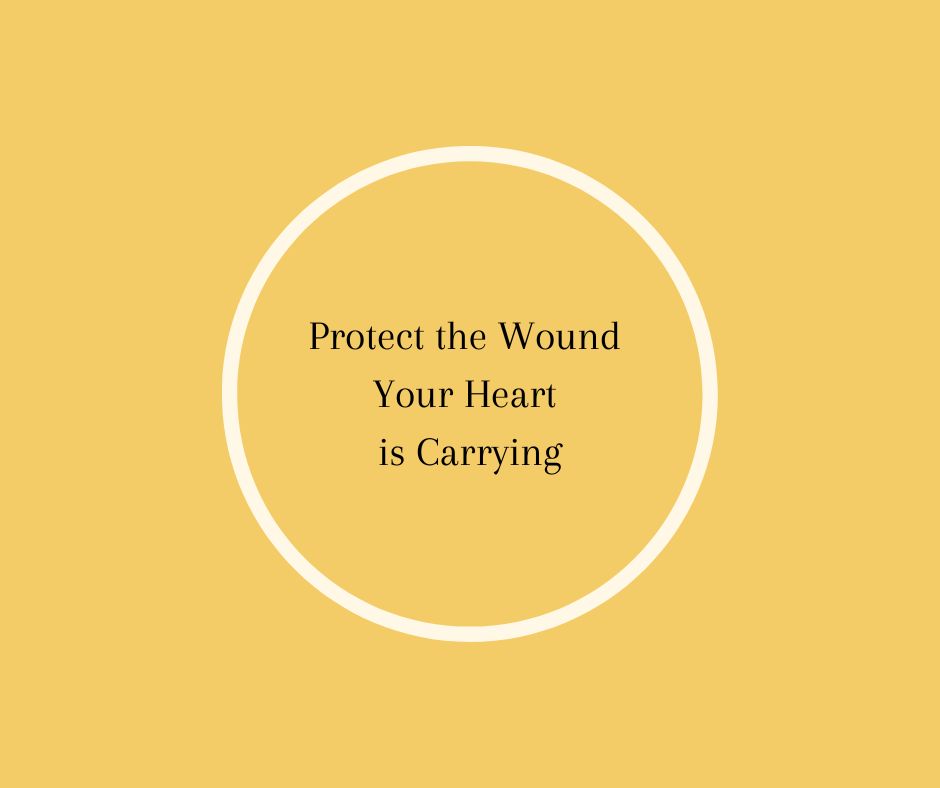
Something to Think About
a blog on end of life
- All posts
- addiction
- advance directive
- alzheimers
- Anger
- anticipation
- anticipatory grief
- Approaching Death
- assisted care
- assisted death
- Assisted Living
- Barbara Karnes
- bereaved
- Bereavement
- burnout
- BY YOUR SIDE A Guide for Caring for the Dying at Home
- cancer
- caregiver
- caregiver fatigue
- caregiver support
- caregiving at end of life
- children
- Clinician
- cna
- comfort care
- communication
- covid 19
- Dame Cicely Saunders
- Death
- death and dying
- death awareness
- death cafe
- death call
- death care
- death doula
- death education
- death midwife
- death of a pet
- death ritual
- dementia
- dementia doula
- diagnosis
- Director of Education
- disease
- DNR
- doctors
- dying
- dying looks different than expected
- dying pet
- dying process
- Dynamics of Dying
- Eating or not eating
- elderly
- Elisabeth Kubler-Ross
- end of life
- end of life doula
- end of life education
- euthanasia
- family
- family caregiver
- father
- Fear
- Feeding
- Financial records
- Food
- food at end of life
- Funeral
- gift
- Gone From My Sight
- graduating from hospice
- gratitude
- Grief
- Grief Counselor
- grief support
- grieving
- Guilt
- holidays
- Home Care
- home death
- home health
- home healthcare
- Hospice
- Hospice Blue Book
- hospice care
- hospice chaplain
- hospice education
- hospice end of life care
- hospice for pets
- hospice myths
- hospice nurse
- hospice nurses
- hospice patient
- hospice physician
- hospice referral
- Hospice Social Worker
- Hospice Staff
- hospice volunteer
- hospice volunteer training
- hospital
- How Do I Know You ?
- How Do I Know You? Dementia at the End of Life
- Hydration or dehydration
- infant death
- joy
- labor
- labor at end of life
- life limiting
- life support
- loss
- media
- Medicade
- medical visits
- Medicare
- medication
- medications
- memory care
- midwife
- mindfulness
- moment of death
- morphine
- mother
- My Friend I Care
- narcotics
- New Rules For End Of Life Care
- No Code
- Not Eating
- nurse
- Nursing facility
- Nursing home
- nutrition
- Old Age
- older pet
- orientation
- oxygen
- pain
- pain at end of life
- pain management
- pain relief
- palliative care
- palliative sedation
- pandemic
- peace
- personality
- Pet death
- Pet illness
- physician
- podcast
- POLST
- prepare for death
- quality of life
- religion
- Retirement Home
- RN
- sacred
- self care
- seniors
- signs of approaching death
- sleep
- Social Worker
- spanish grief literature
- stages of grief
- sudden death
- Suicide
- Supervisors
- support
- terminal
- terminal agitation
- terminal diagnosis
- terminal illness
- terminal restlessness
- The Eleventh Hour
- The Final Act of Living
- This Is How People Die
- Time
- Time of Death
- trauma
- treatments
- vigil
- volunteer
- volunteers
- washing the body
- widow
- widowhood
- wife
- Will
- You Need Care Too
Part of "selling" hospice is to create trust and a bond during that first meeting. It takes people skills in addition to knowledge of hospice benefits...
In the hours to minutes before death, gather family and significant others. Encourage each person to spend some time alone with the person dying. This is the time to talk...
As end of life approaches, people start looking at their life; what they’ve accomplished, not done, who they have touched, interacted with, and the relationships they have or have not built...
All the hours of talking, drinking coffee, and eating homemade pies was time spent healing, building trust, and educating. It wasn’t about blood pressures. It was about people, feelings, and...
I believe everyone has the right to be told once that they can’t be fixed. It is the physician’s job to compassionately and honestly give that information...
People don’t die like they do in the movies. Mom is not going not going to say some profound words, close her eyes and be dead...
Taking care of someone who is at the end of life is different from taking care of someone who is going to get better, BUT most people don’t know this—-including...
Denial by the person with a life threatening illness, denial by the caregiver, and I’ll even add denial by some attending physicians. Denial is often the reaction to diseases that have...
How do we get beyond the social conventions of strangers meeting and getting to know and trust each other in a very short time? From the time we ring the...
...That caregivers put so much energy, time, love, and concern into taking care of their person that they can become blind to or just plain don’t want to see the...
When the terminal illness, the disease progression, has been a pain filled experience and all comfort management options have been unsuccessful, then sleep is our friend...
My husband Jack has been dead eight months. In processing the five months from his diagnosis to his death, what stands out most for me is the tension that surrounded food....
Unfortunately, as death approaches none of us will be able to take care of ourselves. There will come a point when we will need assistance. We probably won’t even be aware we...
For many people, nursing facilities have become their home. It is therefore reasonable that Hospice services be available in facilities. BUT care in a facility is not the same as...
It has been almost six months since my husband of 62 years died. As an end of life educator I have taught about loss and grief, and even wrote a booklet about it. BUT...
Our body is programmed to die. We are born. We experience, and then we die...
In the ideal picture, the goal is the patient’s death. Everything that is done before the death is preparation for the actual moment death occurs. Everything after the death gradually eases...
We enter peoples’ lives as professionals. We are knowledgeable, supportive, caring, and personable. However, we are not best friends, we are not even friends, really.
Working with end of life in the medical field often leaves us feeling like outliers. The medical model is to fix people. Working with dying generally isn’t addressed in training. (It’s...
Why is the patient being discharged, you ask? Is it because the patient just didn’t decline as rapidly as expected? Yes, that can be the situation...
Grief is like an open wound. When we healthcare workers experience a personal loss, every patient scrapes open our own wound of personal grief.




